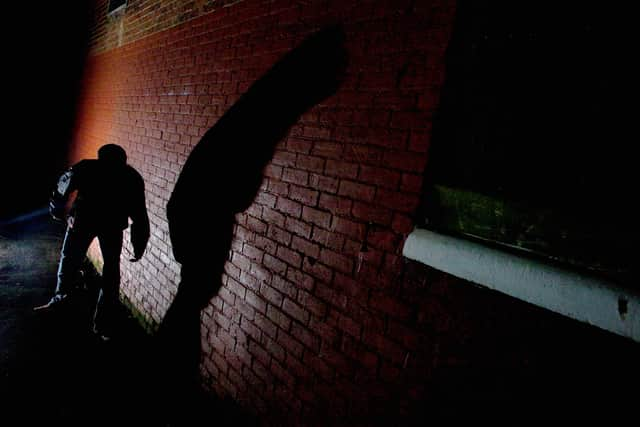This how you can find out if you are living near a paedophile or rapist
and live on Freeview channel 276
Throughout their childhood, youngsters will meet numerous strangers – from passing people in the street to visiting different youth clubs.
If you are concerned that your child could be at risk of coming into contact with any unsavoury characters, you can request information from police about your area thanks to Sarah’s Law.
What is Sarah’s Law?


Advertisement
Hide AdAdvertisement
Hide AdThe child sex offender disclosure scheme, sometimes called Sarah’s Law, allows parents, carers or guardians to formally ask the police for information about a person who has contact with their child, or a child close to them, if they're concerned the person may pose a risk.
How can I request this information?
You can visit your local police station to make a request for this information.
An officer or member of staff will take the time to gather all the necessary details and discuss the next steps with you.
Police carry out risk assessments at every stage.
Each request is carefully considered in consultation with partner agencies so that disclosure is granted to those best able to protect and safeguard the child.
Why was Sarah’s Law introduced?
Advertisement
Hide AdAdvertisement
Hide AdThe government piloted the child sex offender disclosure scheme in August 2010 and then rolled it out across England and Wales in 2011.
Campaigns for the so-called Sarah’s Law began in 2000 following the abduction and murder of eight-year-old Sarah Payne in July of that year.
She was abducted from her grandparents garden in West Sussex by Roy Whiting, who had previously been convicted of the abduction and sexual assault of a four-year-old girl in 1995.
The campaign for Sarah’s Law was spearheaded by the News of the World, and her mother insisted that such a law would have saved her daughter's life by the family knowing a child sex offender lived in the area.
Advertisement
Hide AdAdvertisement
Hide AdRoy Whiting was convicted of Sarah’s murder in December 2001 and was sentenced to life imprisonment.
Who goes on the Sex Offenders’ Register?
It is important to remember that not all of the people who are on the Sex Offenders’ Register are paedophiles.
A wide variety of people are place on the registry every year in Hampshire and across the country.
The definition of a sex offender under the Sexual Offences Act 2003 is broad and includes offences, against children and adults, ranging from voyeurism to rape.
Advertisement
Hide AdAdvertisement
Hide AdOffenders can be placed on the registry if they’ve received a caution or if they’ve been convicted for an offence.
The length of time someone spends on the sex offenders’ register also varies:
- If a person has been convicted of a sexual offence and jailed for 30 months to life – they will remain on the register indefinitely.
- If they have been jailed for six to 30 months – they will remain on it for 10 years.
Advertisement
Hide AdAdvertisement
Hide Ad- A sentence of less than six months will mean they spend seven years on the register.
- If a caution has been issued – they will remain on the register for two years, unless they were under 18 then they will spend a year on the register.
What happens if police release the information?
Parents and carers must keep any information they receive through Sarah’s Law strictly confidential.
Legal action can be taken if this confidentiality is broken.